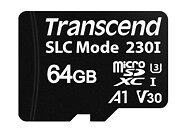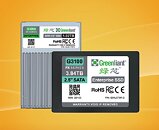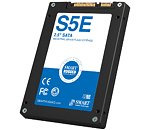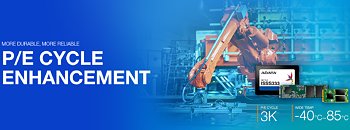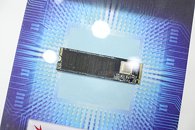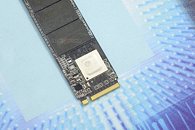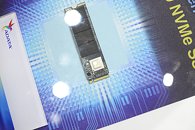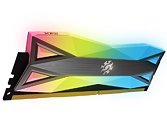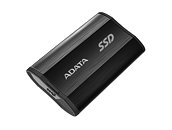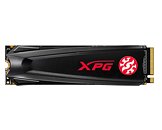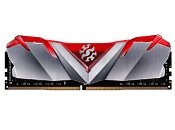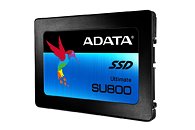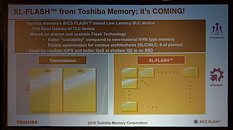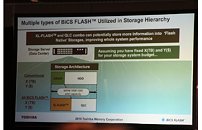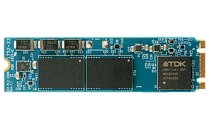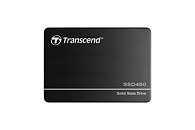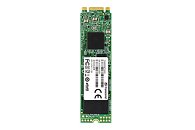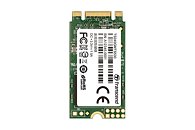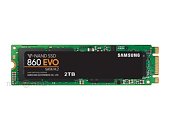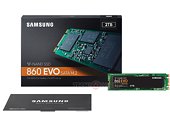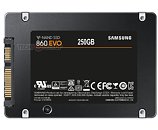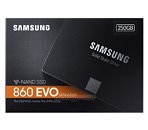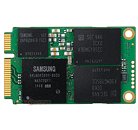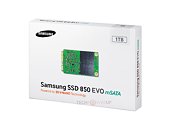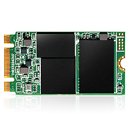
ADATA Unveils Industrial-Grade IM2S3314 M.2 2242 SATA III Solid State Drive
ADATA Technology, a leading manufacturer of high-performance DRAM modules, NAND Flash products, and mobile accessories today announces the launch of the ADATA IM2S3314 M.2 2242 SATA III solid state drive (SSD). Featuring a slim and compact design, the IM2S3314 is ideally suited for smaller industrial devices.
Sporting a M.2 2242 form factor, the IM2S3314 offers high compatibility and is easy to install. For reliable use in most environments, the SSD can operate optimally in a wide range of temperatures, from -40°C to 85°C. As with all ADATA industrial-grade SSDs, the IM2S3314 has a 3K P/E cycles rating, enhancing its endurance, reliability, and stability. All these characteristics and capabilities make the IM2S3314 perfect for a wide range of applications, devices, and segments that require a compact SSD with excellent reliability and stability, such as thin clients, industrial PCs, industrial robots, autonomous vehicles, transportation, healthcare, aerospace, and more.
Sporting a M.2 2242 form factor, the IM2S3314 offers high compatibility and is easy to install. For reliable use in most environments, the SSD can operate optimally in a wide range of temperatures, from -40°C to 85°C. As with all ADATA industrial-grade SSDs, the IM2S3314 has a 3K P/E cycles rating, enhancing its endurance, reliability, and stability. All these characteristics and capabilities make the IM2S3314 perfect for a wide range of applications, devices, and segments that require a compact SSD with excellent reliability and stability, such as thin clients, industrial PCs, industrial robots, autonomous vehicles, transportation, healthcare, aerospace, and more.


